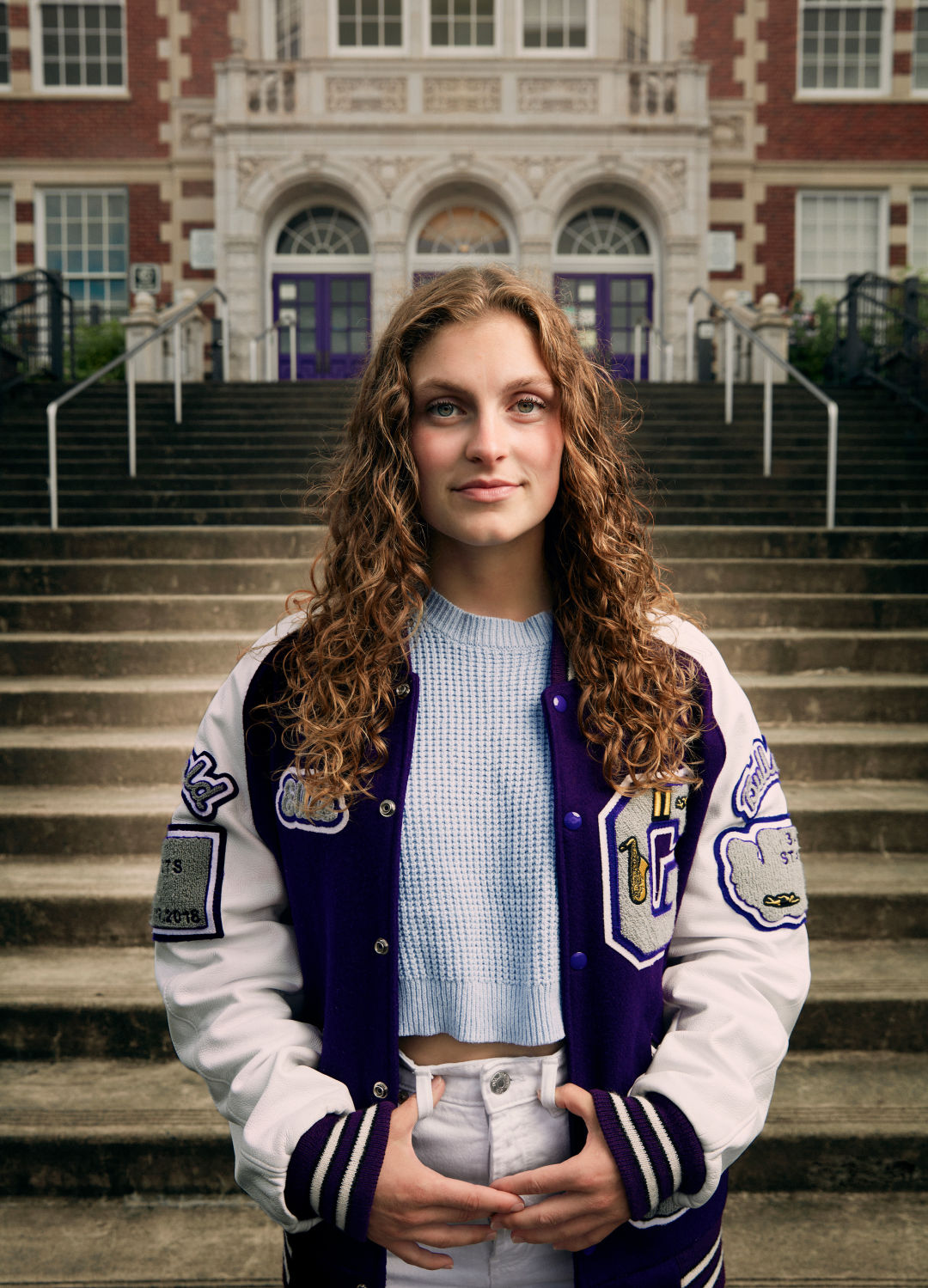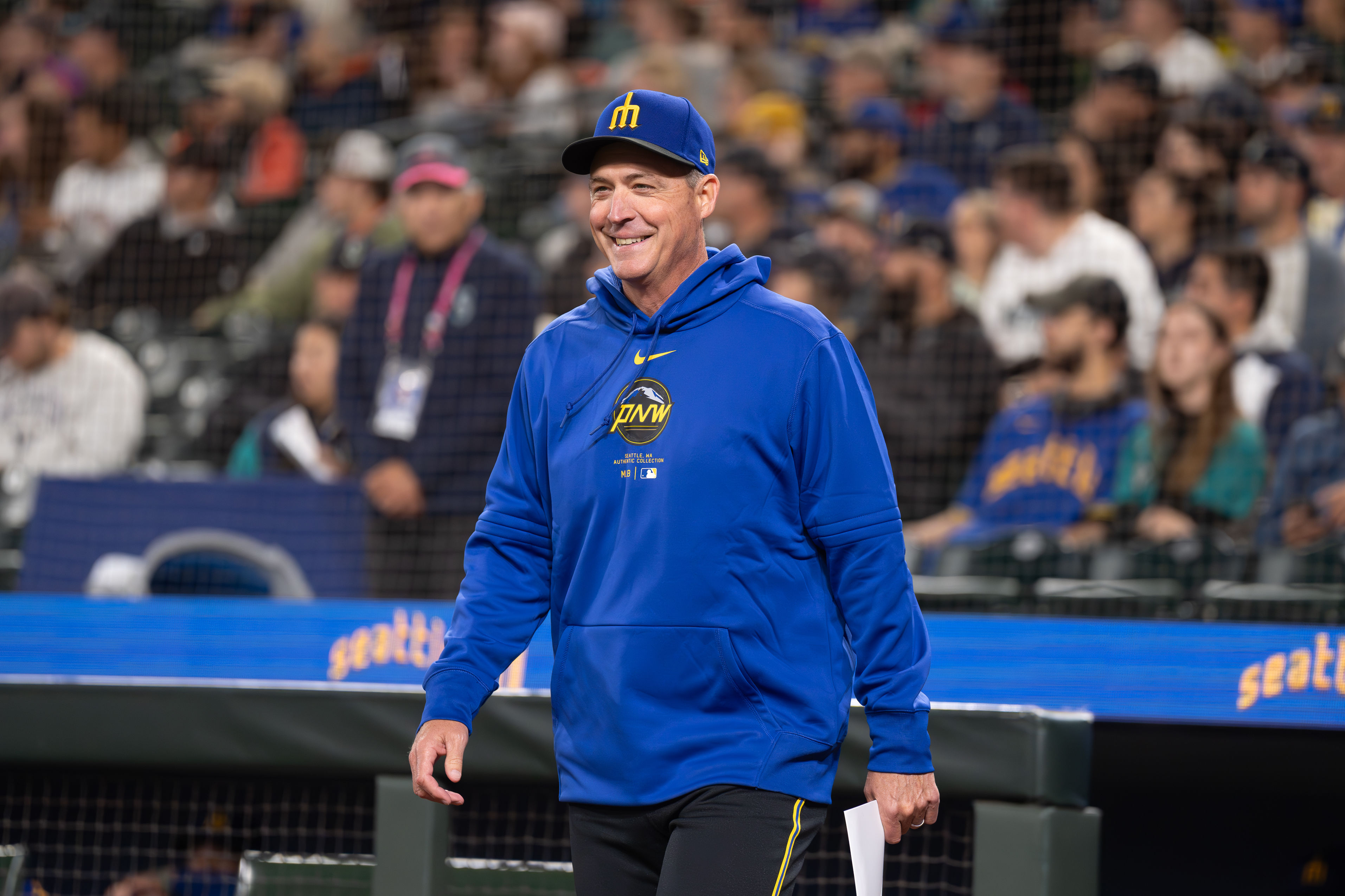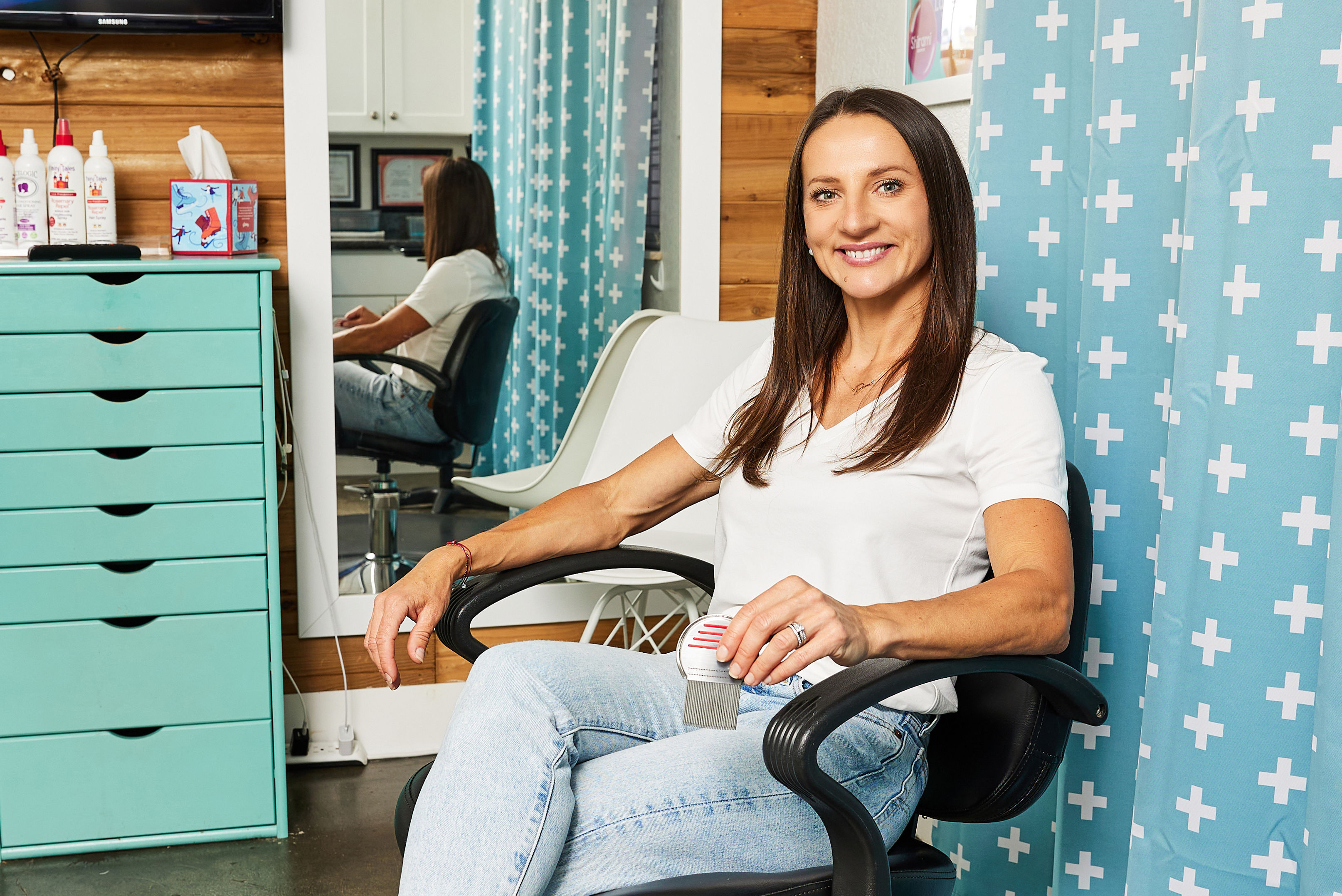Class of 2021 Graduate Ellie Snyder Came of Age in Covid

Image: Carlton Canary
Ellie Snyder will never forget her senior year of high school—and neither will the rest of the world. As part of the Class of 2021, the swim team captain saw her last year and a half at Garfield High School obliterated by the pandemic, leaving the teenager to navigate online school, isolation, and an uncertain future. For Snyder, who’s lived her whole 18 years in the same house in the Central District, this strange time opened new doors, like a nine-month student internship at Swedish Medical Center that has pushed her—a kid who once feared throwing up so much she couldn’t imagine working in a hospital—toward a career in neuroscience. The experienced lap swimmer and lifeguard took up open water swimming on Lake Washington. She learned to forge connections virtually, separated by a computer screen even when her AP Government teacher father taught her via a Microsoft Teams virtual class. Snyder committed to Case Western Reserve University in Ohio and its varsity swimming team without ever stepping foot on campus, but she’s undaunted by her upcoming move away from Seattle. “While Covid was literally our whole year, it doesn’t define us,” she says. “We persevered.”
I do feel like I’ve missed out on a lot. And that makes me upset, obviously. Especially in my senior year.
People we know would go to parties and hang out with 20–30 people, and they wouldn’t get Covid. And we were like, “Are you kidding?”
I was super upset. I was devastated to not see my friends.
My freshman year, if someone said that they were sick it wouldn’t even faze me. Even if they said, “Can I share your water?” If you said it wasn’t fine, it was like, “Are you a germaphobe?”
Now if someone has maybe a sore throat, it’s like, “Okay, you literally have Covid. Go get tested. Go quarantine.” Is it gonna be like that forever?
I got direct patient interaction during Covid in my volunteer internship at Swedish. There was no way I would have been able to do that in a normal year.
I had to work the front desk too, so I was the one telling people that they couldn’t go in to see their family. That was way harder for me.
It felt like you were alone during the college process. You’re not going to unmute your class and be like, “Hey, what school is everybody looking at?”
Pretty much every single night, we were on FaceTime, studying, studying, studying for AP tests. Teachers couldn’t teach us.
My ability to connect with adults grew—seeing a lot of adults, talking to a lot of adults. I probably lost some connections with my peers.
I’m planning to major in neuroscience. The things that we can’t control in our brains, that make us do things, seem like the most interesting to me.
I think that my generation is making a good rap for themselves by being involved in a good way. Especially in Seattle.
Instagram is a very big thing for my generation, all the various political things—the hate around Asians, obviously Black Lives Matter stuff.
We went through this period where you would repost information, start a petition. People who posted about their life, personal photos and stuff, were shamed.
I had an amazing graduation. I watched everyone walk across the stage. That was exciting to me; I got to see that we did it.
We started clubs, new things because of Covid. People got new opportunities.
The last year probably made me more driven. I know what I want. And I know that I’m going to do what I need to do to make it happen.




